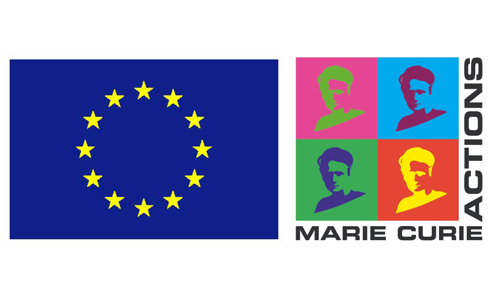Food banks during COVID-19 times: Challenges and prospects
Food banks are one of the fastest-growing charitable industries in Europe.

In the past 20 years, food banks have emerged as a key response to the growing problems of poverty and food inequality.
The spread of food banks is also a result of the commodification of social assistance and a warning that poverty prevention measures need improvement.
The recent outbreak of COVID-19 has affected how emergency food providers support vulnerable families.
Restriction measures put in place by the UK government led to a decline in volunteers and a shortage of food donations.
For this reason, some food banks in the UK are being forced to shut down, reduce, or reorganize the services they offer.
Others, however, are still able to remain open, despite uncertainty regarding food stocks and the necessity to rearrange spaces to ensure the safety of volunteers and users.
In this light, this EU-funded project aims to gain a fine-grained understanding of how different emergency food providers are responding to this unprecedented crisis by using both survey data and semi-structured interviews with emergency food provider directors and spokespersons based in Greater Manchester.
